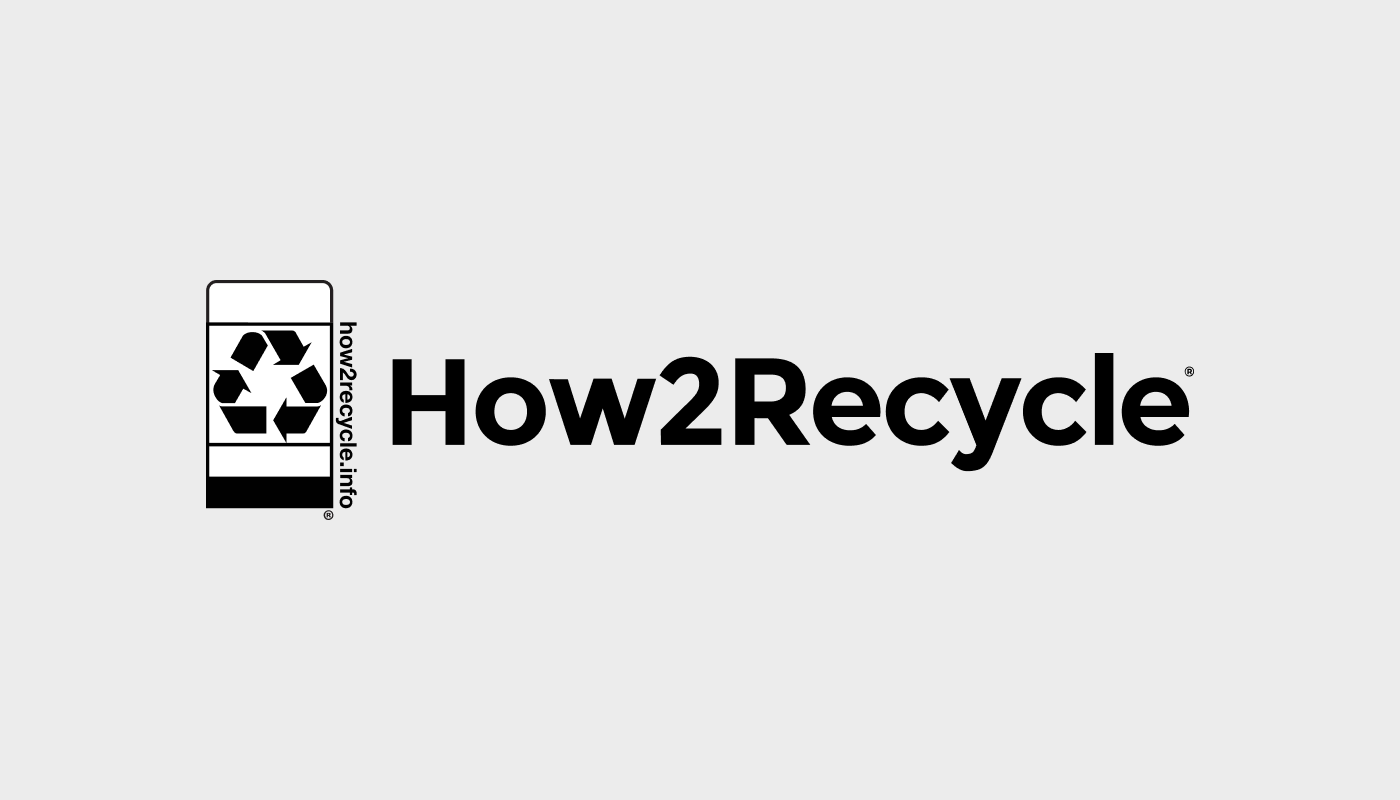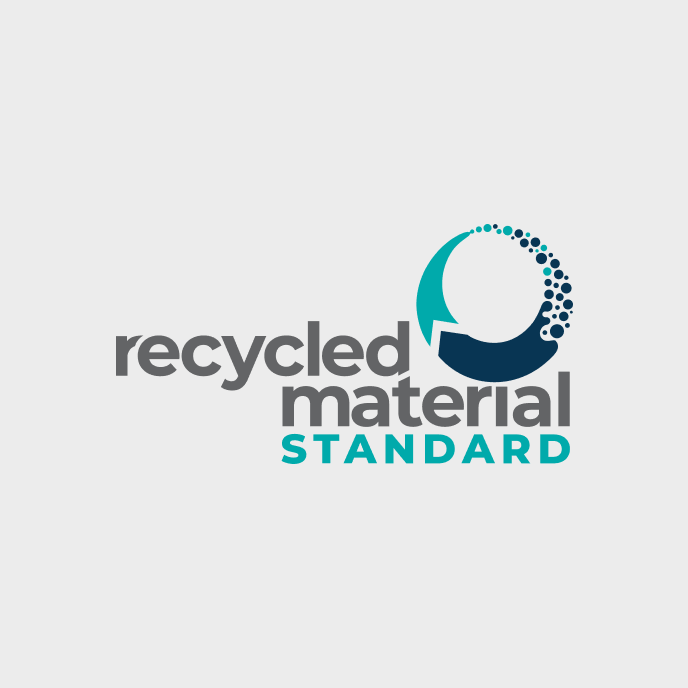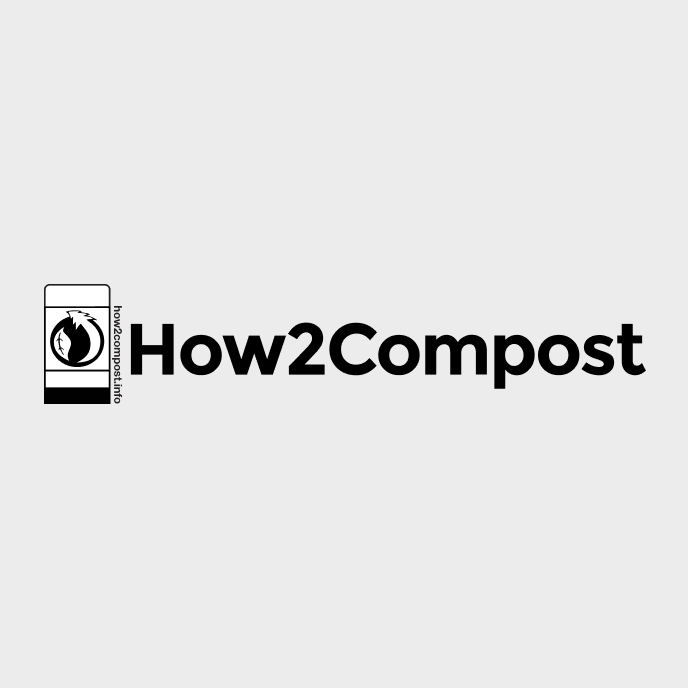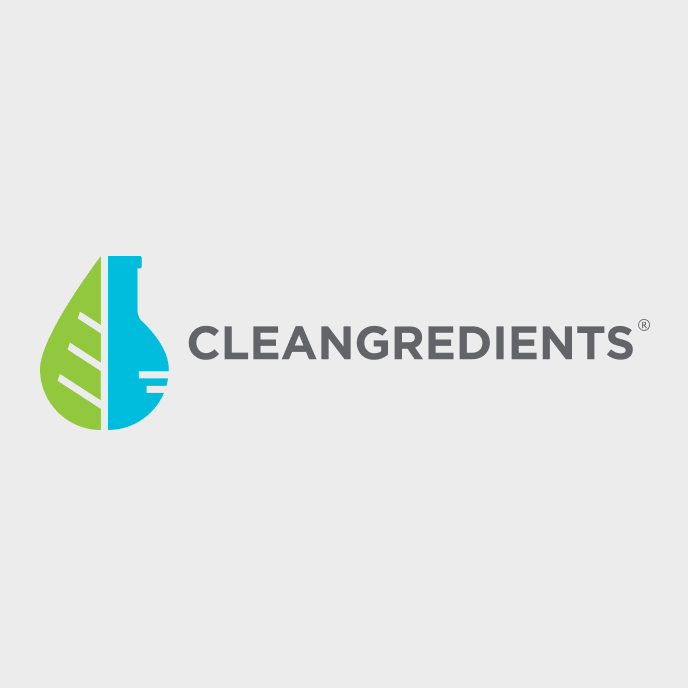
April 17, 2024
Recycled Material Standard debuts its new Path to Certification program and announces committed participants at SPC Impact 2024
Earlier this month, GreenBlue Executive Director Paul Nowak introduced Path to Certification at SPC Impact. The first companies participating in Path to Certification, and thus achieving Recycled Material Standard Certification, include Five Star Holdings, Paragon Films, UltraPoly, Veritiv, Rite Size, and Plastic Recycled.
These companies’ commitments to Path to Certification demonstrate the industry’s readiness to embrace a new standard of trust and clarity in third party certification. Only Recycled Material Standard certification provides them with a connected chain of custody and holistic company-wide audit to create uncompromised assurance. We applaud the commitment of these participating companies and are proud of the continued growth of the Recycled Material Standard Certified Network.
How does Path to Certification work? Participants engage directly with the Recycled Material Standard team to adopt the only third-party certification system designed for today’s recycling reality. With specialized tools, education modules, and guided data collection sessions, companies are equipped with action steps to obtain third party certification for all of their recycled material outputs — whether they’re reclaimers producing resin or converters transforming PCR into consumer-facing products.
Path to Certification is a limited engagement that will run through 2024. Select program memberships are available for companies in need of accelerating their journey towards third party recycled certification.
Contact the Recycled Material Standard team today to get started on your own Path to Certification!











